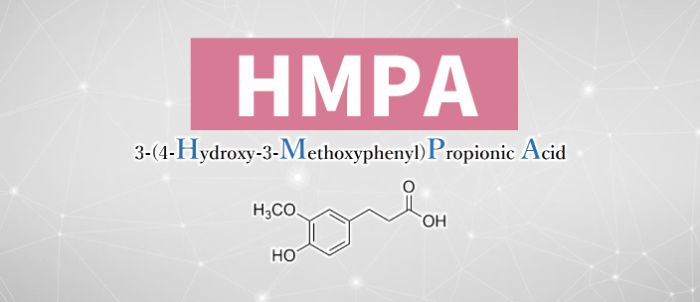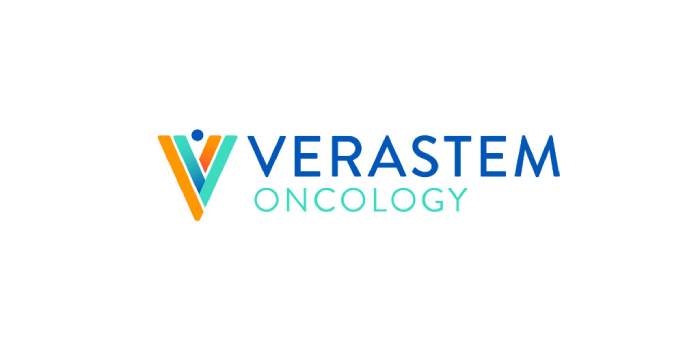FDA Drug Approval Process: Key Insights and Considerations for Pharmaceutical Professionals
ResearchAndMarkets.com has introduced a new training course aimed at professionals navigating the complex FDA drug approval process. As the United States represents the largest market for pharmaceutical sales globally, understanding the Food and Drug Administration’s procedures is critical for anyone involved in drug submissions within this demanding region. The course promises to equip participants with the latest knowledge on FDA regulations, ensuring they remain current with new developments and processes.
This comprehensive program covers key areas such as the submission of Investigational New Drugs (INDs), New Drug Applications (NDAs), Abbreviated New Drug Applications (ANDAs), and the 505(b)(2) application process. Attendees will gain an in-depth understanding of the FDA’s organizational structure and its review processes, along with practical insights into submission procedures. The course will also address recent changes in FDA regulations that may impact drug approval pathways.
Though the course primarily focuses on topics relevant to innovative drug manufacturers, it will also delve into areas critical for those working with generic drugs and over-the-counter (OTC) medications. It aims to clarify any ambiguities surrounding the approval of both brand-name and generic medications, giving participants a well-rounded understanding of the regulatory landscape.
Commentary by YourDailyFit columnist Alice Winters:

The introduction of the FDA Drug Approval Process Training Course is a timely response to the ever-evolving landscape of pharmaceutical regulation in the United States. Given the global dominance of the U.S. market, professionals aiming to enter or navigate this space must understand FDA procedures to ensure their products meet stringent requirements. However, while the course offers valuable insight into the submission of INDs, NDAs, ANDAs, and 505(b)(2) applications, it is important to consider both the course’s breadth and its potential limitations.
From a practical standpoint, the course’s emphasis on IND and NDA submissions is undoubtedly beneficial for those in the early stages of drug development or in the research phase. The depth of content related to these processes helps participants understand the necessary steps to gain FDA approval, which is paramount for innovators looking to introduce new treatments. The inclusion of ANDA and 505(b)(2) submissions ensures that the course covers not only the introduction of new drugs but also the approval pathways for generics and combination products, which are a vital part of the pharmaceutical market.
However, while the course aims to provide an all-encompassing overview, it would benefit from a more detailed focus on practical applications and real-world case studies. The regulatory landscape can be complex and nuanced, with subtle differences in how the FDA evaluates drug applications for various categories. For professionals who have hands-on experience but require further clarification on specific submission types or the latest regulatory shifts, the course may feel too generalized. Additionally, the rapid pace at which the FDA updates its regulations could mean that some participants may find the course content quickly outdated if not regularly revised.
The fact that the course also includes a focus on generic drugs and OTC medications is an advantage. The FDA’s approach to approving these types of products involves a different set of guidelines and criteria compared to innovative drugs. As the demand for generics and OTC options continues to rise, understanding how the FDA reviews these products is crucial for manufacturers and developers who are not necessarily working on new molecular entities but still require approval for their offerings.
A key strength of this training course lies in its ability to cater to various segments of the pharmaceutical industry. By addressing the interests of both innovative drug manufacturers and those involved in the generic and OTC drug markets, the course ensures a broad appeal. Additionally, the focus on recent regulatory changes helps attendees stay ahead of the curve in terms of evolving FDA guidelines.
Despite these advantages, one aspect that could be further emphasized is the practical application of the course material. Hands-on exercises or workshops involving real-world scenarios could be beneficial in ensuring that participants not only understand the theory but also know how to apply it effectively. The course should offer more interactive opportunities, allowing attendees to solve actual submission challenges or draft mock applications, which could greatly enhance learning and provide deeper insights into the intricacies of FDA drug approval.
In conclusion, while the FDA Drug Approval Process Training Course offers a solid foundation for those looking to understand the complex FDA regulatory environment, its success will depend on its ability to evolve and incorporate more hands-on, case-driven content. This would ensure that participants are not only informed but also fully prepared to navigate the challenges of drug submission processes in the U.S. market.



